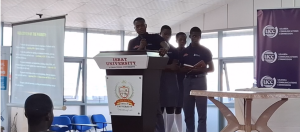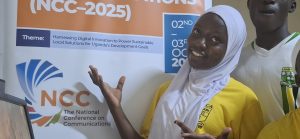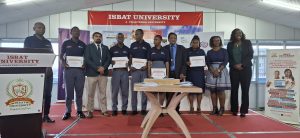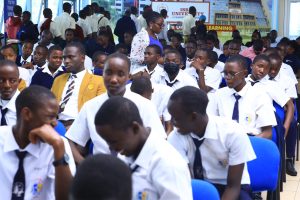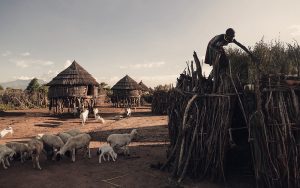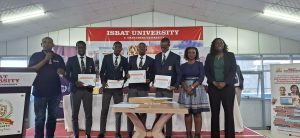Bombo Army SS Equips Learners with Digital Tools Through ICT Club Launch
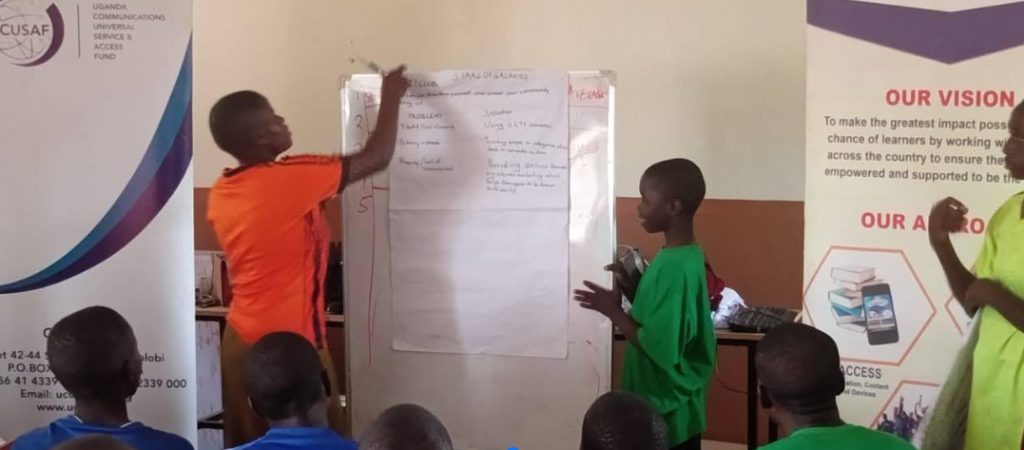
On 9th March 2025, Bombo Army Secondary School was also onboarded on the Uganda’s ICT Clubs initiative, a national program spearheaded by the Uganda Communications Commission (UCC) in partnership with KAWA Uganda. The session was hosted at the school’s ICT laboratory, located in Katikamu, Bombo Town Council, and brought together students, teachers, and facilitators for an interactive launch and orientation.

The training, led by a team from KAWA, began with an overview of the ICT Clubs initiative. Participants were introduced to UCC’s vision for the program, which focuses on building digital capacity in secondary schools and empowering learners with 21st-century skills. KAWA’s role as a national implementing partner was explained, along with its plans for club mentorship, technical training, and annual competitions throughout 2025.
With three staff members present and a fully networked computer lab of 37 desktops, the session provided a hands-on opportunity for students to interact with the tools and platforms they will use throughout their club activities. The facilitators guided learners on setting up a functional leadership structure, defining the aims of the club, and aligning those goals with both school priorities and national objectives. A digital copy of the ICT Club Constitution was introduced as a governing framework for student-led operations and long-term sustainability.
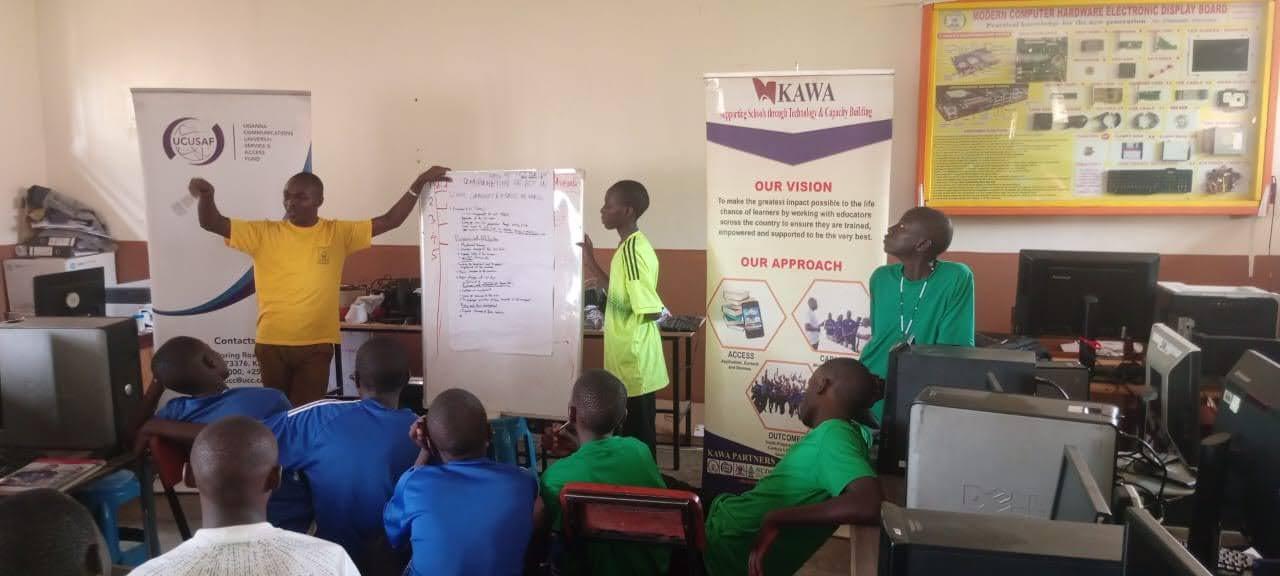
Unlike other trainings that follow a rigid format, the team at Bombo adopted a more conversational approach. Topics such as club planning, innovation-based projects, and student-led learning were delivered through a blend of presentations and guided discussions. The facilitators also introduced activity ideas for members—ranging from app design using Scratch to simple hardware diagnostics—that the club can begin implementing immediately after formation.
One of the key takeaways from the session was the importance of inclusivity. While the majority of participants were drawn from Senior Two, it was strongly advised that future sessions deliberately engage other class levels to ensure broader school-wide impact. This would help diversify club membership and promote peer learning across age groups.
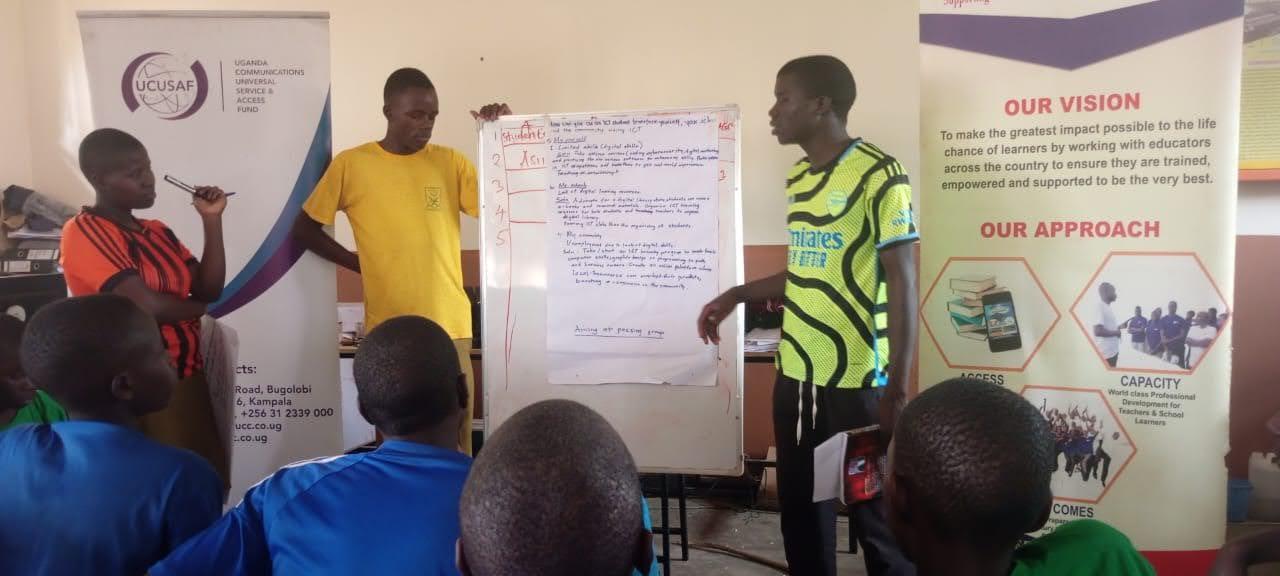
Although the training ran smoothly overall, it was not without setbacks. A power outage, combined with heavy rain, created communication difficulties during the session. Despite these challenges, both learners and staff remained focused and enthusiastic throughout the day.
All teachers in attendance had access to smart devices, which played a crucial role in supporting the digital content delivery and coordination of post-training activities. Their active involvement and technical readiness signal a positive outlook for the continued integration of ICT into school programs.
With a solid foundation laid, Bombo Army Secondary School now joins a growing list of institutions building the next generation of digital thinkers and problem-solvers. KAWA will continue to provide support through mentorship, training opportunities, and entry into national ICT innovation competitions, all under the UCC framework.

